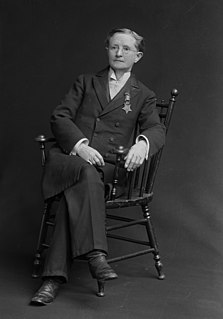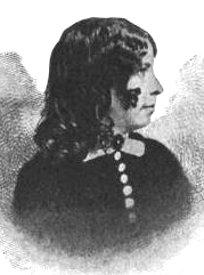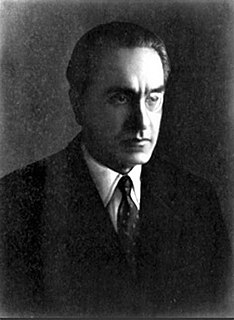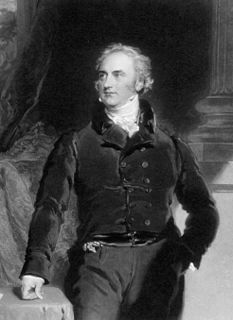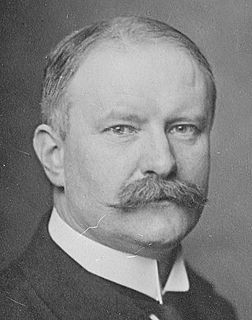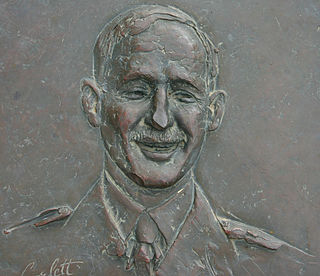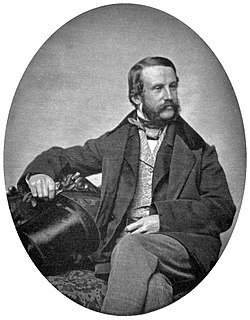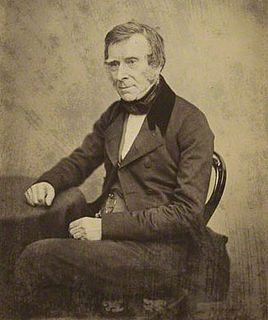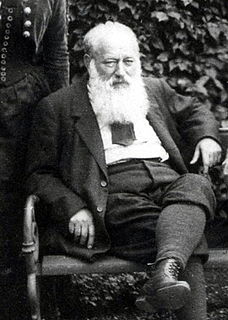A Quote by Mary Edwards Walker
A woman reasons by telegraph, and his [a man's] stage-coach reasoning cannot keep pace with hers.
Related Quotes
Elizabeth’s entire body started to tremble as his lips began descending to hers. and she sought to forestall what her heart knew was inevitable by reasoning with him. “A gently bred Englishwoman,” she shakily quoted Lucinda’s lecture. “feels nothing stronger than affection. We do not fall in love.” His warm lips covered hers. “I’m a Scot,” he murmured huskily. “We do.
From woman, man is born; within woman, man is conceived; to woman he is engaged and married. Woman becomes his friend; through woman, the future generations come. When his woman dies, he seeks another woman; to woman he is bound. So why call her bad? From her, kings are born. From woman, woman is born; without woman, there would be no one at all.
There are two men in each one of us: the scientist, he who starts with a clear field and desires to rise to the knowledge of Nature through observations, experimentation and reasoning, and the man of sentiment, the man of belief, the man who mourns his dead children, and who cannot, alas, prove that he will see them again, but who believes that he will, and lives in the hope – the man who will not die like a vibrio, but who feels that the force that is within him cannot die.
The goddess Artemis had a twin brother, Apollo, the many-faceted god of the Sun. He was her male counterpart: his domain was the city, hers the wilderness; his was the sun, hers the moon; his the domesticated flocks, hers the wild, untamed animals; he was the god of music, she was the inspiration for round dances on the mountains.
